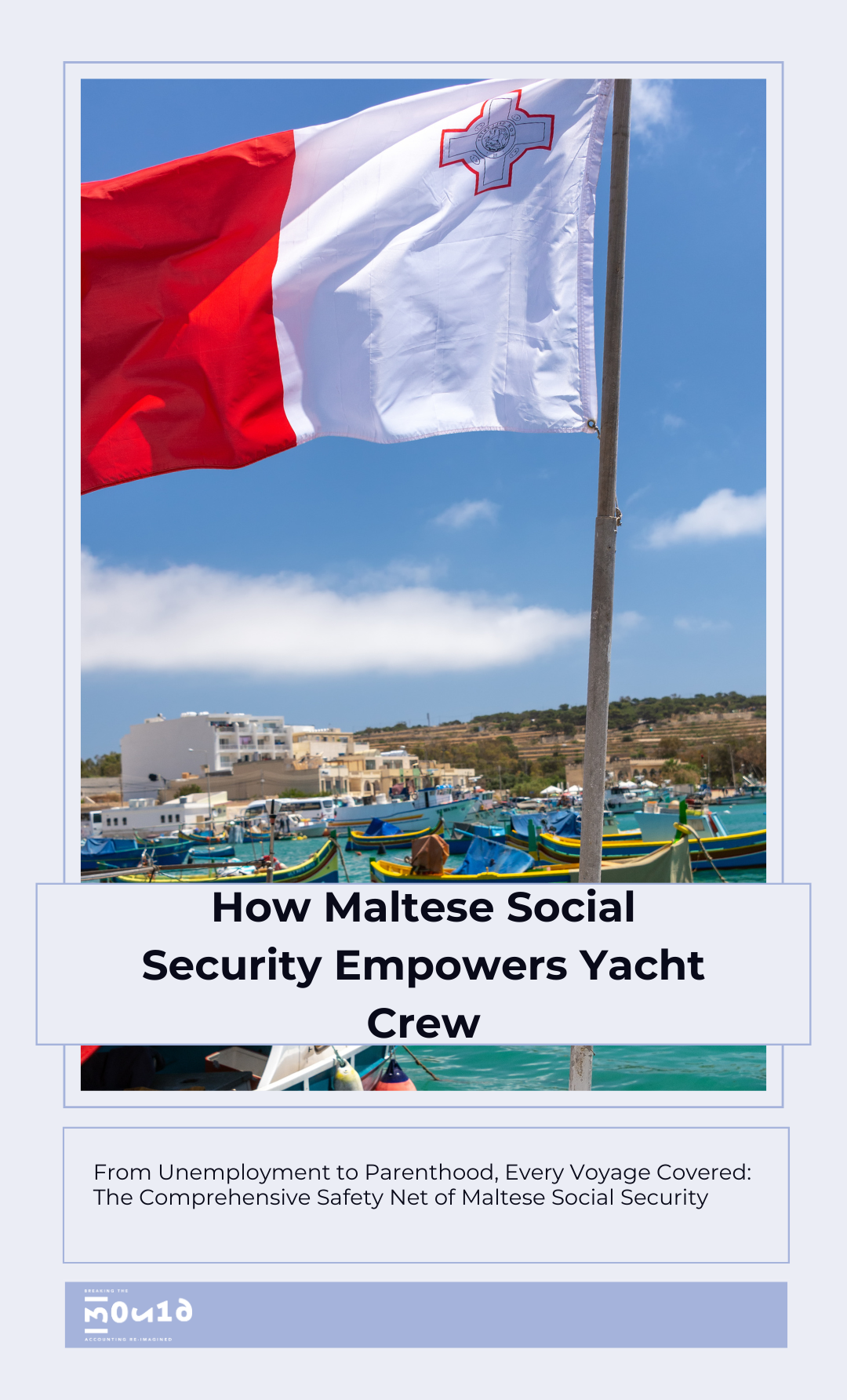UK Tax Guide - Seafarers' Earnings Deduction
The Seafarers' Earnings Deduction is available where certain conditions are met and is available as a deduction for income tax purposes only. It is important that this deduction is available only for an Employee and this is not available to self-employed persons at sea, it is worth noting that this is one of the rare instances that HMRC argue against status as an employee.
There have been several cases where entertainers on cruise ships are self-employed and not entitled to this deduction from income. This was often determined as they were providing entertainment on engagements with several different cruise lines in a similar way to actors and so it was self-employment.
Different Rules apply to determine liability to National Insurance contributions.
Who can Claim it?
You have to be a seafarer and this is defined as employment consisting of the performance of duties on a ship. HMRC do accept that not all duties have to be on board so long as they are incidental to the duties that are on board. It is also accepted that it is available to not only seamen but also anyone else who works on board a ship. This means the term seafarer includes cooks, entertainers and couriers as well as divers or painters.
So you must be employed and meet the following conditions
- worked on a ship (which excludes offshore installations and there is some case law that considers these facts)
- worked outside of the UK, for at least a year (usually 365 days)
- been resident of the UK or another European country (EEA) for tax purposes.
You can still claim the deduction on your seafaring income even if you have other jobs. However, you must meet the above eligibility criteria.
You can not claim the deductions if :
- The deduction is not available to Crown Employees (Civil Servants and members of the Armed Forces), however, it is legislated that Royal Fleet Auxiliary employees are not treated as Crown Employees and are eligible to claim the deduction.
- You're not a resident of the UK or an EEA
Keeping Records for Your Claim
HMRC may request verification for your claim. Here's what you should keep handy:
- Completed Working Sheet HS205: This official document helps you calculate your eligibility period.
- Travel Documents: Air tickets or travel receipts to document your movements.
- Accommodation Receipts: Keep hotel bills or any receipts for your stays abroad.
- Passports and Visas: These documents will confirm your travel history.
- Seafarer's Discharge Book: This official record details your employment history at sea.
- Freeboard Logs: Maintain logs from the ships you worked on, documenting your duties.
Claiming the Deduction
If you weren't resident in the UK but were resident in an EEA State you can claim the deduction using form R43M(SED) - Repayment Claim - EEA resident merchant seafarer.
NT Tax Code
Your employer can pay your wages without tax deduction, they can do this by operating a tax code called NT.
To claim the NT tax code, you'll need to meet these requirements:
- UK Resident: You must be a resident of the UK.
- PAYE Employment: Your seafaring job must fall under the Pay As You Earn (PAYE) scheme.
- Qualifying Vessel: The ship you work on must be considered a qualifying vessel for the Seafarers' Earnings Deduction.
- Self-Assessment: You'll need to file a self-assessment tax return each year.
- Minimum Contract Length: There's a minimum contract length requirement. You must have either:
• A contract of at least 12 months, or
• Been continuously employed with the same employer for at least 6 months, working outside the UK.
Important Responsibilities
- Change of Employment: You must inform HMRC immediately if your employment changes or ends.
- Repaying Underpaid Tax: If it's discovered you weren't entitled to the NT code, you'll be required to repay any underpaid tax in a lump sum.
Claiming the NT Code
HMRC won't issue the NT code until they've processed your first claim for the Seafarers' Earnings Deduction. You can make this claim either:
- 12 months after starting your seafaring job, or
- At the beginning of the tax year preceding the year of claim (whichever comes later).
How to Apply?
Use form R44 to formally request the NT tax code from HMRC.
Contact Us
If you have any questions regarding the Seafarers' Earnings Deduction or the NT tax code, Breaking the Mould Accounting can help! Our team of experienced accountants can assist you in claiming these benefits and ensuring you're compliant with all tax regulations.
Book a Consultation call with us





